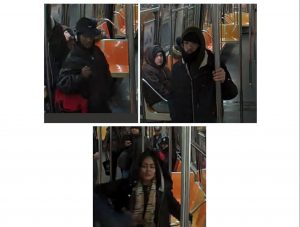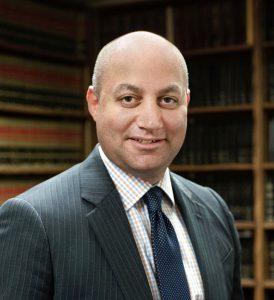New York Governor Kathy Hochul has signed a new law that allows people to avoid jail time for most nonviolent parole violations in the state. The law will be enforced from March next year.
The law, dubbed “Less is More”, largely eliminates New York’s practice of incarcerating people for technical parole violations. Some of these violations include being late to an appointment with a parole officer, missing curfew, or failing to pay fees, or informing a parole officer of a change in employment.
People on parole will now land back in jail only for drug or alcohol use if they were convicted of driving under the influence of those substances.
According to people who support the law, the state of New York has one of the highest rates of incarcerating people for technical parole violations in the US, and that the practice is costly and fuels the cycle of people landing behind bars again after serving their time.
Criminal justice advocates applauded the law but urged Hochul and lawmakers to make it effective immediately.
“The immediate implementation of the law would stop the unnecessary suffering. This bill passing will eliminate the fear of missing a call from my parole officer or being late to a meeting. I will not have to fear asking for help when it comes to substance abuse counseling,” the Associated Press quoted Shaun Whitaker, a member of the Katal Center for Equity, Health, and Justice, an advocacy group.
An estimated 5,000 people are behind bars in New York for technical parole violations. This law would pave the way for their eventual release. New York City Mayor Bill de Blasio said the city will be releasing “hundreds and hundreds of people the right way.”
Hochul announced that she is going to sign the release order of 191 eligible inmates from New York City’s notorious Rikers Island jail complex on Friday, saying that those people should not have to wait until the enactment date.
She said she’s working with corrections officials to start transferring incarcerated people from Rikers Island to state corrections facilities.
Currently, people suspecting of violating parole can be immediately jailed for up to 105 days while awaiting hearings.
The new law speeds up the hearing timeline. Courts must use “least restrictive” means to ensure people appear, though they could detain people with proven “substantial risk” of refusing to show up.
Courts could direct people who violate most technical rules to receive reentry services from nonprofit community groups, rather than jail. The law caps how long people can be imprisoned again for other violations.
The state Republicans have accused Democrats of focusing more on perpetrators of crimes than victims. Democrats say that the issue isn’t simply about “letting people out” of prison.
“If someone has a mental health issue, if someone has a drug addiction, the answer should not be a prison. Prison is not a drug treatment facility, it is not a mental health facility. We should be driving them toward the help they need,” New York Lt. Governor Brian Benjamin said.
(With inputs from the Associated Press)






